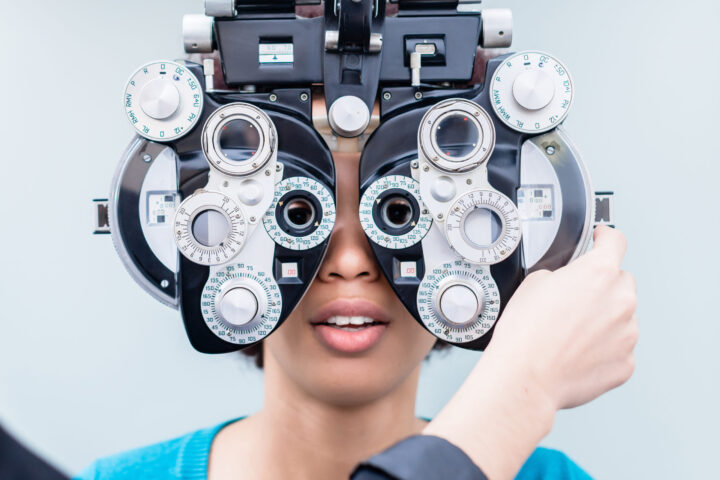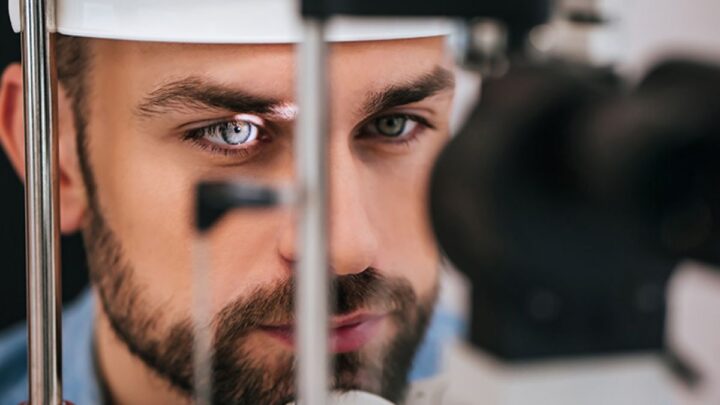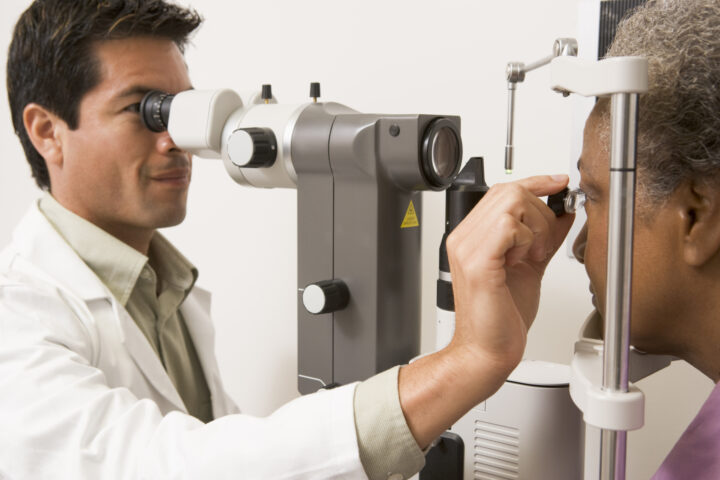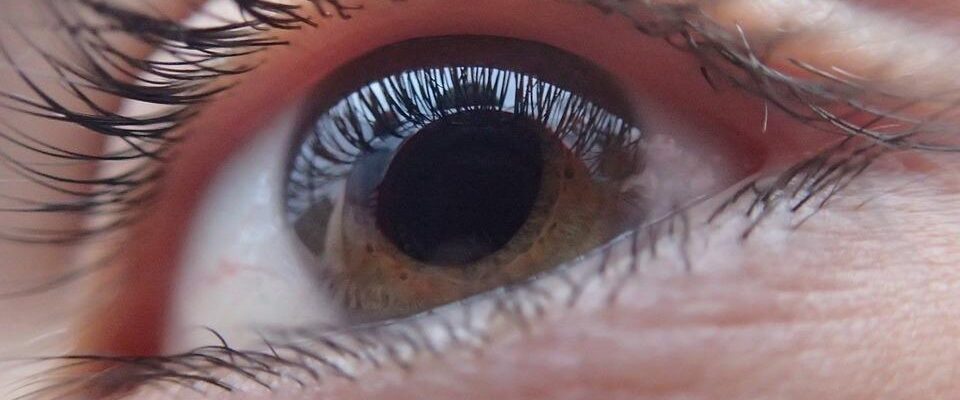Unbeknownst to many – many people have glaucoma – even you could have it. Glaucoma is an eye illness that can potentially damage the optic nerve of the affected eye. The optic nerve is the crucial link between the eye and the brain.
Usually, people with glaucoma tend to lose their vision before they notice that they have an underlying eye problem. If you are experiencing something similar – you will want to know how is glaucoma treated.
Generally there are four common types of glaucoma:
- Primary Open Angle Glaucoma
- Angle Closure Glaucoma
- Normal-Tension Glaucoma
- Secondary Glaucoma
Out of these, the most common type of glaucoma is known as the primary open-angle glaucoma. In this type of glaucoma, the eye doesn’t drain the fluid properly, which causes pressure to build up inside the eye and eventually damages the optic nerve.
Primary open-angle glaucoma usually impacts one’s peripheral vision, which explains why one might not notice changes in their vision immediately. If not treated in time – people with open-angle glaucoma tend to lose their central vision leading to trouble in seeing things.
The thing is that one cannot get their vision back, and they might lose from glaucoma. But – there are a few things that you can do to prevent complete blindness from glaucoma. And before we jump into the list of things, you should know that you will want to opt for regular eye exams to save your eyesight.
Here is what you can do to prevent serious vision loss:
Opt for Regular Eye Exams

You cannot refute the importance of seeing your ophthalmologist regularly. The eye expert will be able to detect glaucoma in its earliest stage and devise a plan to treat the eye disease. The eye specialist might as well suggest glaucoma medications if they deem it important.
When visiting your eye doctor, make sure to tell them about any steroid medication if you are taking them. The thing about taking steroids is that if these are taken over a longer period of time, the high dose can increase eye pressure – specifically if you have glaucoma.
You get the point – you will want to tell the doctor about all the meds that you might be taking – especially if you are on steroids.
Be Mindful about Your Diet
You will want to be mindful of your food choices. There are foods that are good for the eyes, including carrots, which the body transforms into vitamin A. Dark green leafy veggies such as kale, spinach, and broccoli are exceptionally enriched with antioxidants and lutein that are good for your eyes.
You will also want to consume omega-3 fatty acids like oysters and salmon. Colored fruits and veggies are good for your eyes as these comprise minerals and vitamins that protect your eyes and body.
Instead of relying on supplements, you will want to use your meals as your essential source of vitamins and minerals.
Glaucoma and driving

As this condition affects peripheral vision and can lead to vision loss, individuals with this condition must take necessary precautions to ensure their safety and the safety of others on the road. It is important for individuals with it to have regular eye exams to monitor their condition and assess their visual function, including visual field testing.
To address the impact of this condition on driving, it is crucial for individuals to adhere to their prescribed treatment plan, including the use of medications and regular follow-ups with their eye care professional. It is also essential to be aware of the potential side effects of medications, such as blurred vision or dizziness, which can affect driving ability. If these side effects occur, it is advisable to refrain from driving until they subside.
Individuals with it should be mindful of their visual limitations while driving. This may involve avoiding driving during periods of low visibility, such as at night or in adverse weather conditions. It is important to maintain a safe following distance, be vigilant of other vehicles, and use mirrors effectively to compensate for any peripheral vision loss.
By taking these necessary precautions and being proactive in managing their glaucoma, individuals can maintain their independence and continue to drive safely. However, it is always recommended to consult with an eye care professional for personalized advice and guidance regarding driving restrictions or adaptations based on individual circumstances.
Preventive Measures

One important step is to protect the eyes from harmful UV rays by wearing sunglasses that provide 100% UV protection when outdoors. This helps to prevent damage to the delicate structures of the eyes and reduces the risk of developing certain types of glaucoma.
Managing underlying health conditions is also essential in preventing them. Conditions such as high blood pressure and diabetes can increase the risk of developing it, so it is important to work closely with healthcare professionals to keep these conditions under control through proper medication, lifestyle modifications, and regular monitoring.
Regular eye examinations are vital for early detection and timely intervention. It is recommended to have comprehensive eye exams at least once every two years, or more frequently if advised by an eye care professional. These exams can help identify early signs of it or other eye conditions, allowing for early treatment and better preservation of vision.
Maintaining overall eye health is important in preventing it. This includes adopting a healthy lifestyle that includes a balanced diet rich in antioxidants and omega-3 fatty acids, regular exercise, and adequate hydration. Additionally, avoiding smoking and managing stress levels can contribute to better overall eye health.
The Takeaway

In conclusion, understanding glaucoma and taking proactive steps to prevent vision loss are essential for maintaining healthy eyes and preserving visual function. Glaucoma is a serious eye condition that can lead to permanent vision loss if left untreated.
By raising awareness about the risk factors, symptoms, and treatment options for glaucoma, individuals can take control of their eye health and make informed decisions.
By prioritizing eye health, being proactive in preventive measures, and seeking regular eye care, individuals can take significant steps in preventing glaucoma and preserving their vision. It is important to stay informed, consult with eye care professionals, and make the necessary lifestyle adjustments to ensure long-term eye health and well-being.




